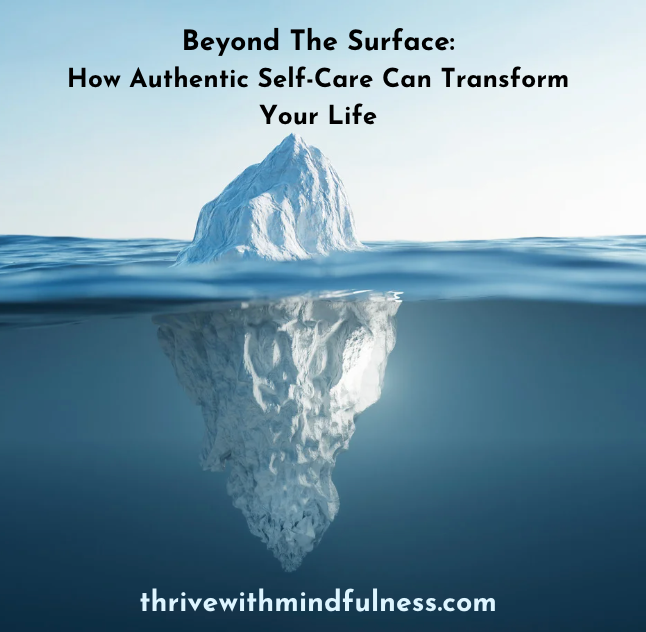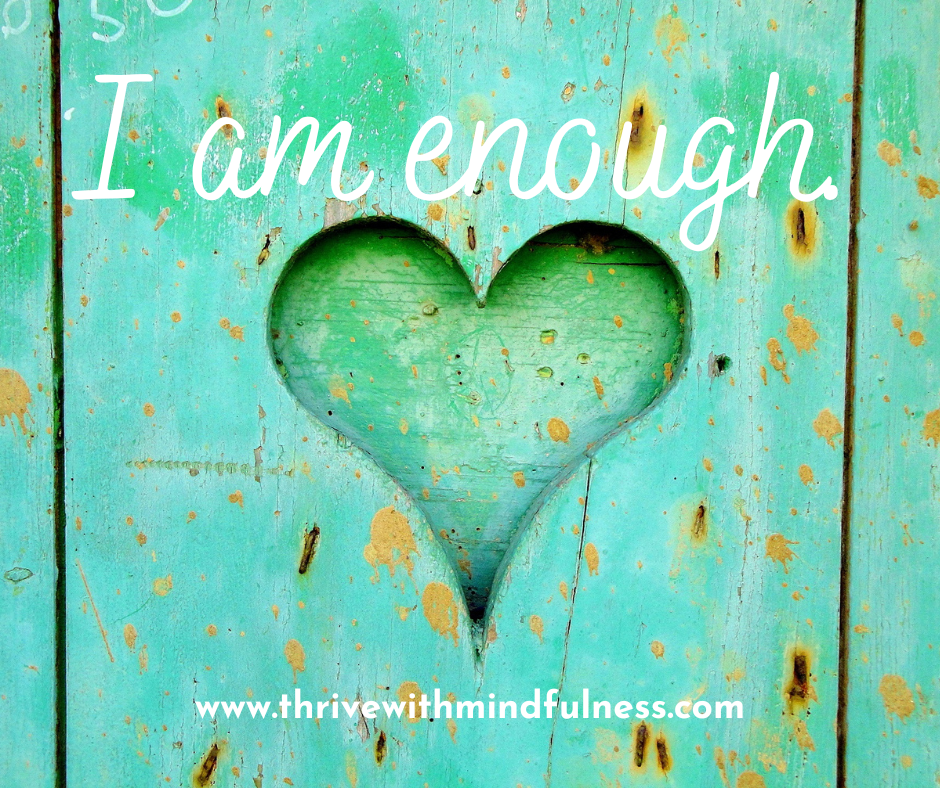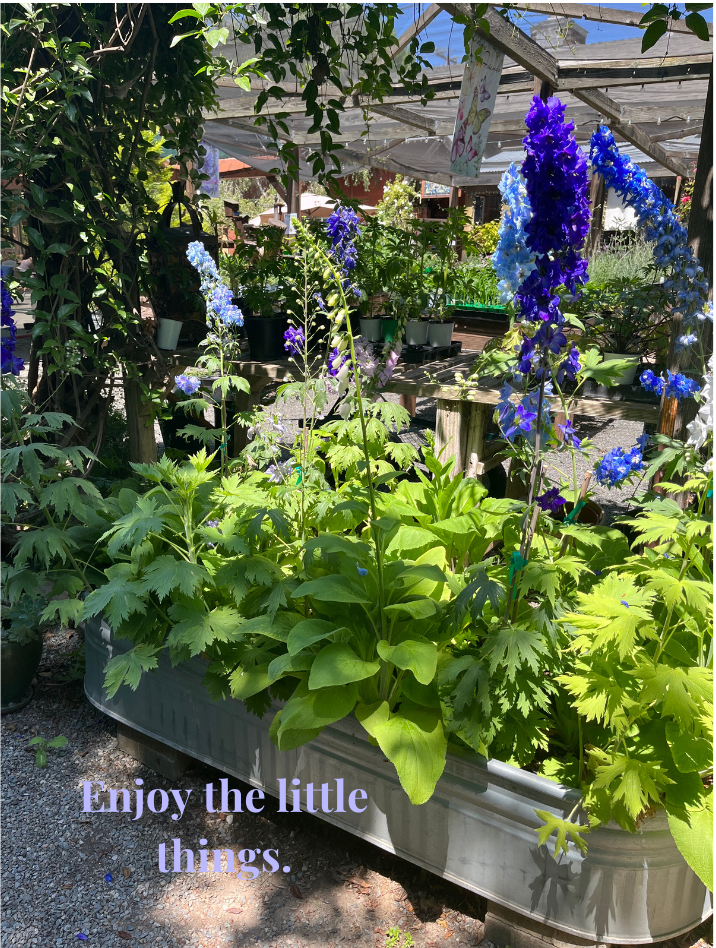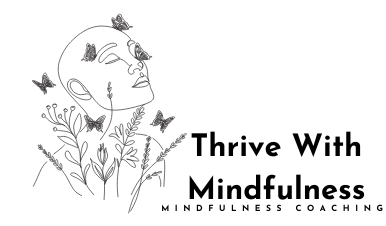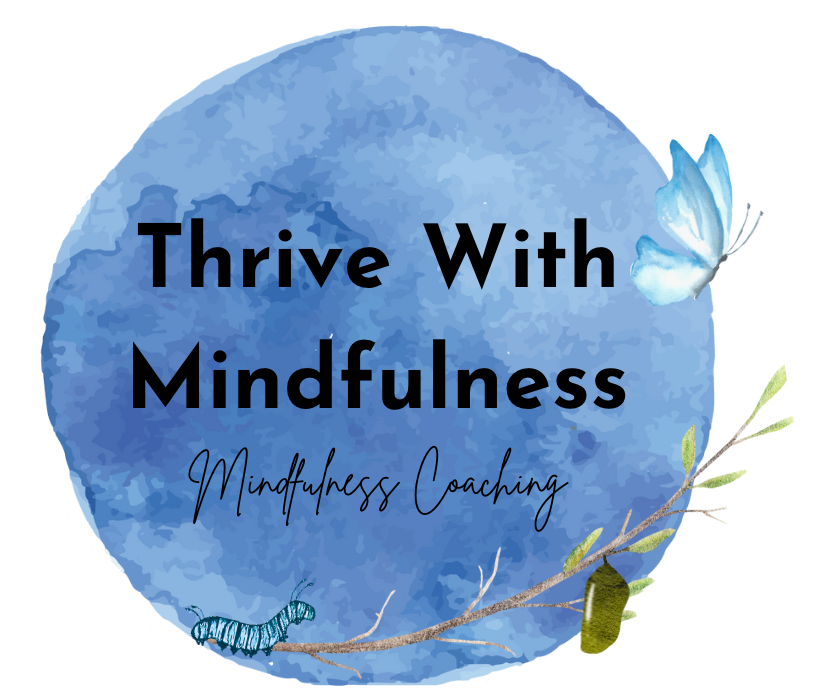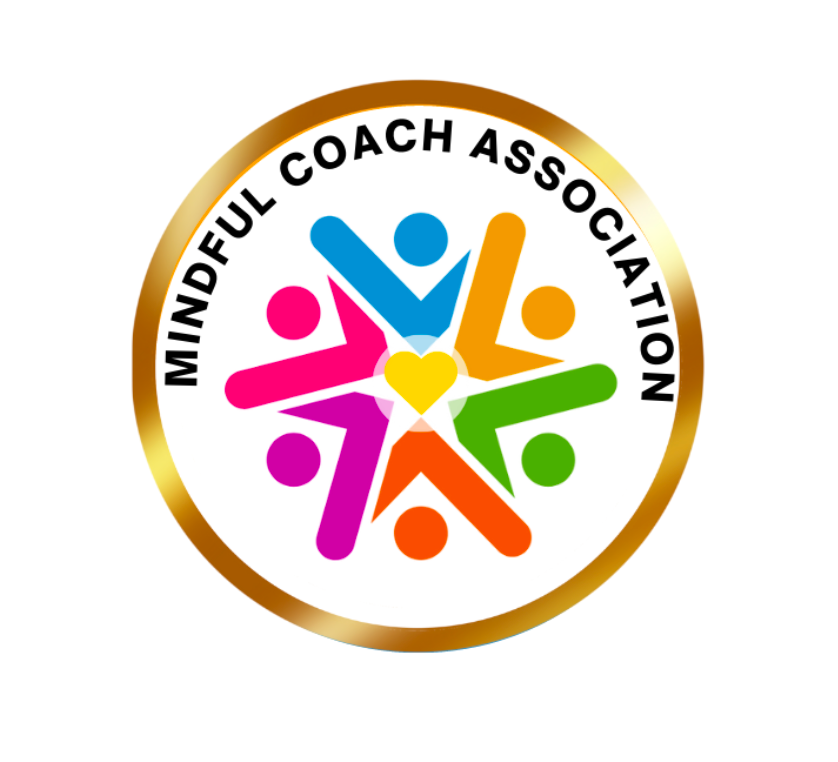The Truth About Happiness: How To Create Lasting Well-Being

Why Happiness Isn’t Just About Feeling Great All the Time
March 20 marks the International Day of Happiness, a day that prompts us to reflect on what happiness truly means. Many of us equate happiness with constant joy, success, or positive experiences. But is that really the full picture?
True happiness isn’t about avoiding difficult emotions or chasing an endless stream of feel-good moments. Instead, it’s about emotional resilience, self-awareness, and a deep understanding of how our emotions guide us toward what matters most. This month, let’s take a deeper dive into happiness—what it is, what it isn’t, and how mindfulness can help us cultivate a more sustainable sense of well-being.
What Are Emotions Really For?
At their core, emotions are not just fleeting feelings; they are information. Neuroscience shows that our emotions are shaped by our brain, body, environment, and past experiences. They serve as an internal guidance system, helping us navigate life. Let’s break it down:
- Your interpretation – Every emotion starts with how your mind processes an event. Two people watching the same scary movie may have completely different reactions—one may feel excitement, while the other experiences fear. The stimulus is the same, but the interpretation is personal.
- Your body’s response – Emotions manifest physically. Fear may cause a racing heart, while joy can bring a sense of lightness. These physiological reactions are part of how emotions prepare us for action.
- Your behavior – Based on your interpretation and bodily response, emotions influence how you react—whether you laugh, cry, withdraw, or take action.
These mechanisms evolved for a reason. Emotions help us make decisions, protect ourselves, and connect with others. They tell us what we need more of—and what to steer away from.
Yet, in modern life, we often suppress emotions rather than listening to them. Many of us see difficult emotions as problems to be fixed rather than valuable messages. This disconnect can leave us feeling lost, unfulfilled, or constantly chasing external sources of happiness rather than cultivating it from within.
The Mindful Path to Authentic Happiness
So, if emotions are data points guiding us through life, what does that mean for happiness? It means that happiness isn’t about eliminating negative emotions but understanding and integrating them. Here’s how mindfulness can help:
- Recognizing emotions without judgment – Mindfulness teaches us to acknowledge our emotions as they are, rather than labeling them as “good” or “bad.”
- Understanding what emotions are communicating – Fear may be signaling a need for safety. Sadness may be pointing to something that needs healing. Happiness itself can serve as a guide toward what nourishes us.
- Responding intentionally rather than reacting impulsively – When we cultivate self-awareness, we learn to make conscious choices rather than being driven by emotional highs and lows.
By incorporating mindfulness, we gain the ability to sit with all emotions—not just the pleasant ones—and extract the wisdom they offer. This deepens our capacity for joy, because rather than resisting discomfort, we learn to navigate it with self-compassion and clarity.
How to Cultivate a Deeper, More Lasting Happiness
- Embrace the full range of emotions – Avoiding discomfort doesn’t create happiness; understanding it does. Accepting all emotions, even the difficult ones, allows for true well-being.
- Stay present – Happiness isn’t just in the big milestones; it’s in the small moments—savoring a warm cup of tea, a meaningful conversation, or the feel of sunshine on your skin.
- Prioritize meaningful connections – True happiness is deeply connected to relationships. Expressing emotions and fostering connections strengthens our sense of belonging.
- Align with what truly matters – When we recognize emotions as signals rather than obstacles, we can take action toward what fulfills us, whether that’s creativity, community, or self-growth.
- Expand your emotional vocabulary – Understanding subtle differences between emotions (such as frustration vs. disappointment) helps us process them more effectively. Tools like the Feelings Wheel can be powerful in deepening self-awareness.
- Practice self-compassion –
Happiness isn’t about perfection. It’s about allowing yourself to be human, embracing the highs and lows, and treating yourself with kindness in every step of your journey.
Looking Ahead: Exploring Happiness Throughout March
Throughout this month, I’ll be sharing deeper insights into the science of happiness, mindfulness techniques, and practical ways to cultivate emotional balance. If you're already on my email list, you know that it's where I share all of my resources first. And sometimes, it's the only place I share them. Stay tuned, for downloadable resources and reflective exercises to help you on this journey!
👉
Not on my email list yet?
Here's the link to sign up:
What does happiness mean to you? Drop a comment and share your thoughts!
#Mindfulness #EmotionalWellness #Happiness #MentalHealth #SelfAwareness #PersonalGrowth

Hi I'm Traci Mausolf,
I invite women who are feeling seeking a heart-centered community to bridge the gap between their current life situationand their desired vision. Whether you are facing challenges in communication, struggling with misalignments in family dynamics, or simply seeking to enhance the overall well-being, our offerings are designed to provide you with practical strategies and tools for positive change.
Share this post
